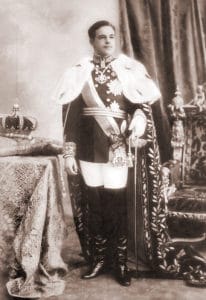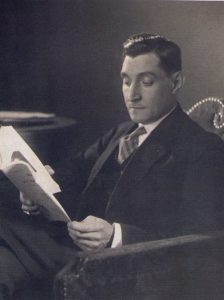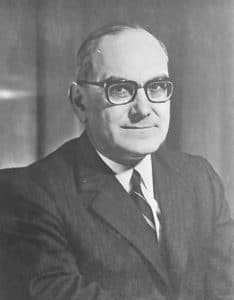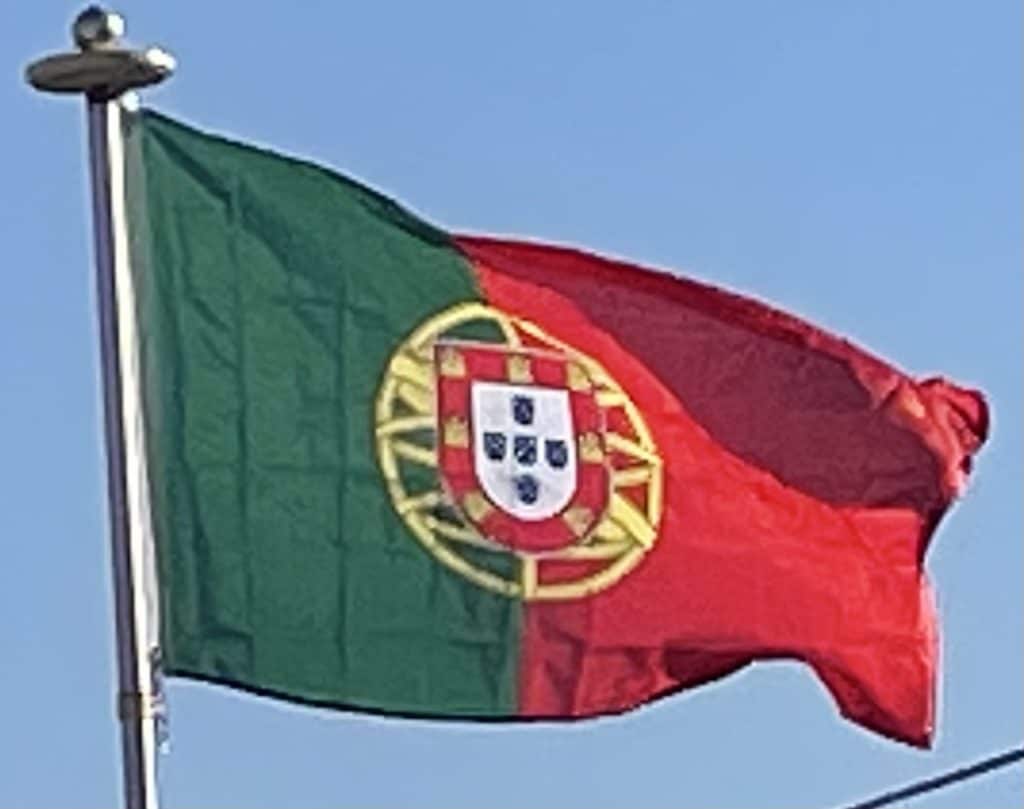The Portuguese territories in Africa were Cape Verde, São Tomé and Príncipe, Portuguese Guinea, Angola, and Mozambique. The tiny fortress of São João Baptista de Ajudá on the coast of Dahomey, was also under Portuguese rule. In addition, Portugal still ruled the Asian territories of Portuguese India, Portuguese Timor and Portuguese Macau.

On February 1, 1908, King Dom Carlos I of Portugal and his heir apparent and his eldest son, Prince Royal Dom Luís Filipe, Duke of Braganza, were assassinated in Lisbon in the Terreiro do Paço by two Portuguese republican activist revolutionaries, Alfredo Luís da Costa and Manuel Buíça. His second and youngest son, Manuel II of Portugal, became the new king, but was eventually overthrown by the 5 October 1910 Portuguese republican revolution, which abolished the monarchy and installed a republican government in Portugal, causing him and his royal family to flee into exile in London, England.
First Republic and Estado Novo:
The new republic had many problems. Portugal had 45 different governments in just 15 years. During World War 1 (1914–1918), Portugal helped the Allies fight the Central Powers. But the war hurt its weak economy. Political instability and economic weaknesses were fertile ground for chaos and unrest during the First Portuguese Republic. These conditions would lead to the failed Monarchy of the North, 28 May 1926 coup d’état, and the creation of the National Dictatorship (Ditadura Nacional). This in turn led to the establishment of the right-wing dictatorship of the Estado Novo under António de Oliveira Salazar in 1933.

In the early 1960s, independence movements in the Portuguese overseas provinces of Angola, Mozambique and Guinea in Africa, resulted in the Portuguese Colonial War (1961–1974).
Throughout the colonial war period Portugal had to deal with increasing dissent, arms embargoes and other punitive sanctions imposed by most of the international community. However, the authoritarian and conservative Estado Novo regime, first installed and governed by António de Oliveira Salazar and from 1968 onwards led by Marcelo Caetano, tried to preserve a vast centuries-long intercontinental empire.

Carnation Revolution and European Integration:
The Portuguese government and army resisted the decolonization of its overseas territories until April 1974, when a bloodless left-wing military coup in Lisbon, known as the Carnation Revolution, led the way for the independence of the overseas territories in Africa and Asia, as well as for the restoration of democracy after two years of a transitional period known as PREC (Processo Revolucionário Em Curso). The retreat from the overseas territories and the acceptance of its independence terms by Portuguese head representatives for overseas negotiations, which would create independent states in 1975, prompted a mass exodus of Portuguese citizens from Portugal’s African territories (mostly from Portuguese Angola and Mozambique).
Portugal continued to be governed by a Junta de Salvação Nacional until the Portuguese legislative election of 1976. It was won by the Portuguese Socialist Party (PS) and Mário Soares, its leader, became Prime Minister of the 1st Constitutional Government on 23 July. Mário Soares would be Prime Minister from 1976 to 1978 and again from 1983 to 1985.
